Over the years,eroticism in contemporary islamic advice literature coffee consumption has become a crucial part of the millennial identity.
Whether it's used to fuel an early morning wake-up, a late night of working or simply to inspire some extra likes on their Instagram accounts, there's no denying that today's young adults are seriously immersed in the coffee craze.
In fact, a new report from Bloomberg shows that millennials have grown so accustomed to their daily caffeine kick that their massive consumption of coffee has pushed global demand to a record high.
According to Chicago-based researcher Datassential, people aged between around 19 to 34 currently make up about 44 percent of the U.S. coffee demand. Surprisingly, during the past eight years, while millennial coffee consumption increased, coffee consumption in adults 40 and older saw a significant decrease.
Joe DeRupo, Director of External Relations & Communications at the National Coffee Association U.S.A. (NCA) told Mashable that their annual market research confirms "coffee consumption among millennials is growing faster than any other segment."
Since Gilmore Girls hit Netflix and the Pumpkin Spice Latte took over Fall, caffeine has made its way into the hearts of America's youth - and the habit seems to be starting at a younger age than ever before.
Datassential's research showed that younger millennials born after 1995 began guzzling coffee at just 14.7 years old, whereas older millennials, born around 1982, began caffeinating at 17.1 years. In some extreme cases, it was even discovered that caffeine consumption started underthe age of ten.
"In school, drinking coffee is also like a fashion symbol and an opportunity to socialize.”
William Tuesca, a 21-year-old junior at Parsons School of Design in New York told Bloomberg that he first started drinking coffee when he was ... drumroll, please ... five years old. Five years old. Some five-year-olds aren't even allowed to indulge in carbonated beverages, let alone caffeine.
Tuesca explained that his early exposure to the dark stimulant resulted in him now drinking an average of two to three cups a day. "In school, drinking coffee is also like a fashion symbol and an opportunity to socialize,” he said.
The NCA's 2016 report provided to Mashablefound that some of the top reasons 2016 consumers drink coffee are: to wake up, warm up, get a quick energy boost or just plain treat themselves.
Coffee supplies around the world meanwhile are tightening. Bloomberg reported that as consumption continues to increase, production from places like Brazil, the world’s biggest coffee producer and exporter, is dwindling as a result of drought.
The robusta coffee crop has been affected, pushing roasters towards arabica beans instead. Stockpiles have also fallen since July while demand is showing no signs of slowing.
All this poses the question: how would millennials survive without coffee?
Well Tuesca apparently wouldn't. He told Bloomberg he would rather give up chocolate than go without his beloved beverage. "Chocolate is like a paramour with whom you have good moments," he said. "But coffee is like the spouse or girlfriend that you want with you every day."
To millennials, it seems, coffee is synonymous with love.
(Editor: {typename type="name"/})
 Best air purifier deal: Save $300 on the Dyson HEPA Big + Quiet air purifier
Best air purifier deal: Save $300 on the Dyson HEPA Big + Quiet air purifier
 Tinder will let you hide from people unless you like them first
Tinder will let you hide from people unless you like them first
 Cute friendship alert: Dog watches over abandoned baby giraffe
Cute friendship alert: Dog watches over abandoned baby giraffe
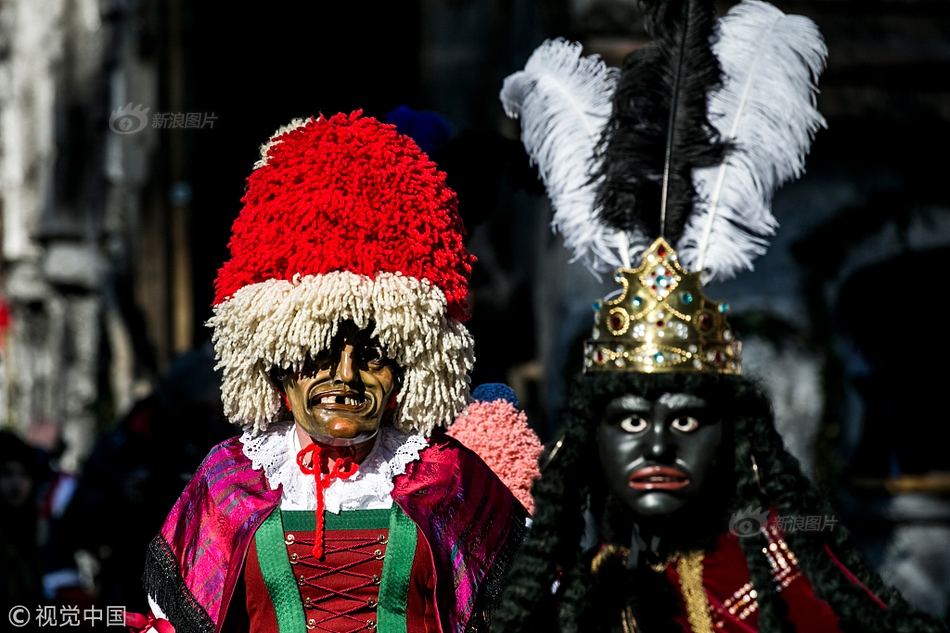 Wordle today: Here's the answer, hints for February 3
Wordle today: Here's the answer, hints for February 3
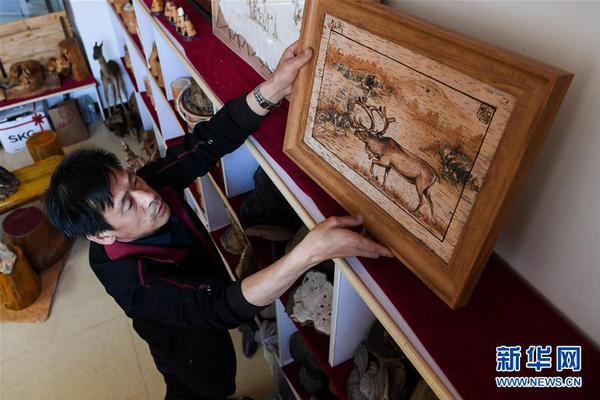 How I met my partner on X/Twitter
How I met my partner on X/Twitter
SpaceX is so close to turning its rocket headquarters into an actual city
 Billionaire SpaceXfounder Elon Muskhas often exulted his dream of colonizing the Red Planet with 1 m
...[Details]
Billionaire SpaceXfounder Elon Muskhas often exulted his dream of colonizing the Red Planet with 1 m
...[Details]
The 'Smooth Bernie' conspiracy theory, explained
 We've had a year for conspiracy theories. From the meme that spawned an alien-themed music festival
...[Details]
We've had a year for conspiracy theories. From the meme that spawned an alien-themed music festival
...[Details]
Viola Davis has achieved EGOT status
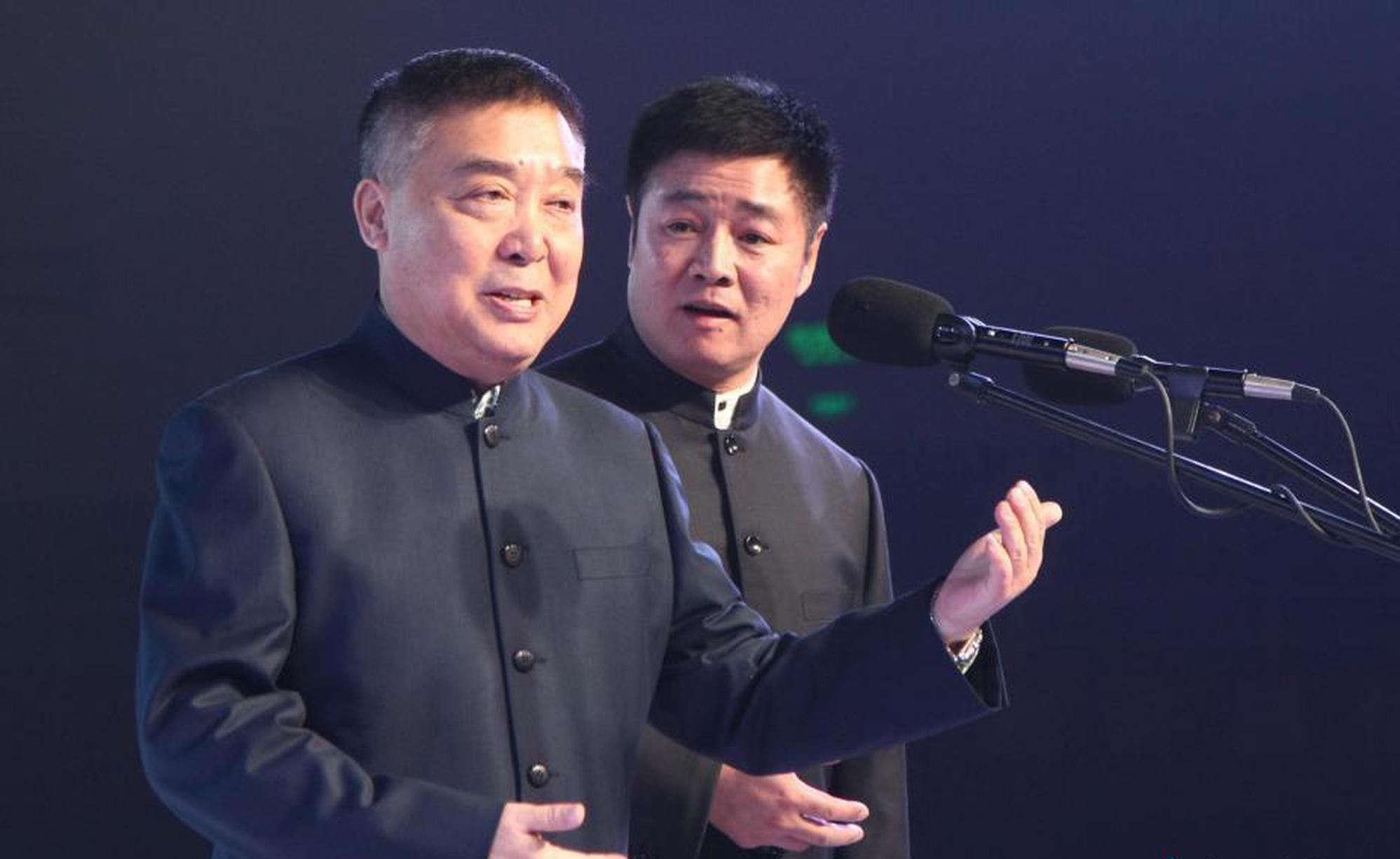 Viola Davis has taken home the 2023 Grammy for Best Audio Book, Narration, and Storytelling Recordin
...[Details]
Viola Davis has taken home the 2023 Grammy for Best Audio Book, Narration, and Storytelling Recordin
...[Details]
Every single 'Harry Potter' spell, ranked by usefulness
 Not all magic is created equal.In the sprawling universe that is JK Rowling's Harry Potter series, t
...[Details]
Not all magic is created equal.In the sprawling universe that is JK Rowling's Harry Potter series, t
...[Details]
Wordle today: The answer and hints for February 13, 2025
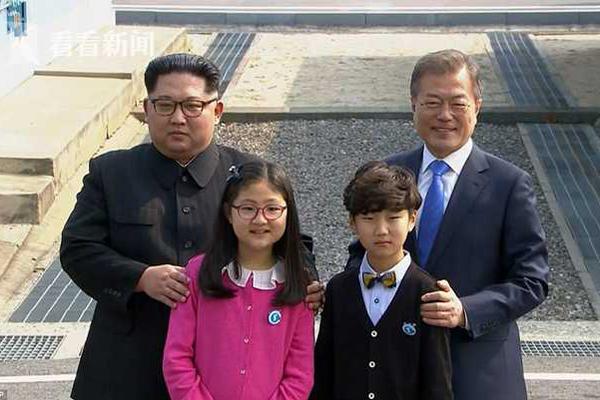 Can't get enough of Wordle? Try Mashable's free version now O
...[Details]
Can't get enough of Wordle? Try Mashable's free version now O
...[Details]
ChatGPT is the fastest growing app of all time
 OpenAI's artificial intelligence chatbot ChatGPT is the fastest-growing app in history. This is acco
...[Details]
OpenAI's artificial intelligence chatbot ChatGPT is the fastest-growing app in history. This is acco
...[Details]
Watching these Fox News hosts deflate while listening to Trump is oddly satisfying
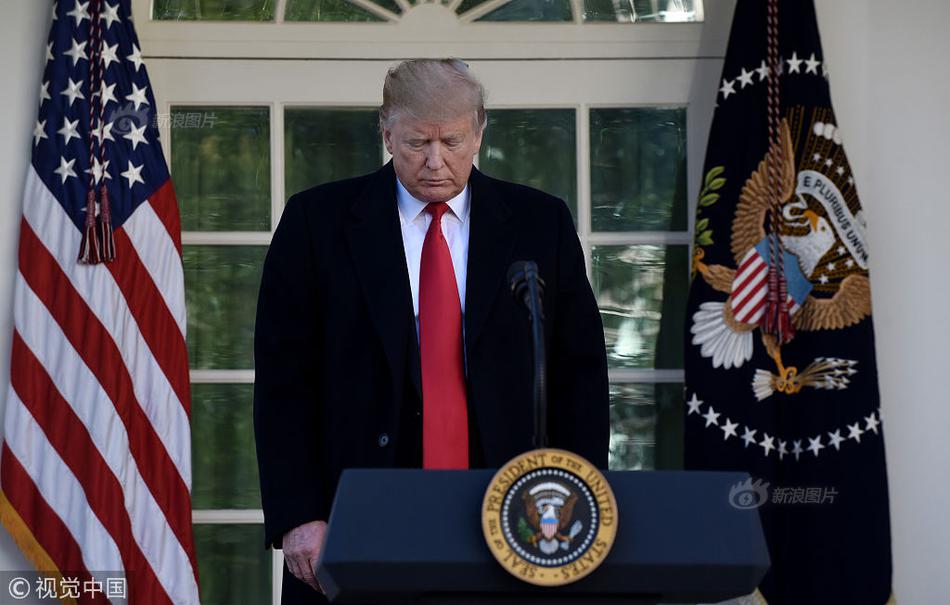 The president phoned into Fox & Friendsfor a rambling nearly hour-long interview on Friday morni
...[Details]
The president phoned into Fox & Friendsfor a rambling nearly hour-long interview on Friday morni
...[Details]
The best gadgets for a family trip: Make travel with kids easier
 If you're planning on traveling anywhere with children in tow, you best be darn sure to be prepared.
...[Details]
If you're planning on traveling anywhere with children in tow, you best be darn sure to be prepared.
...[Details]
Trump praises storm response as historic disaster unfolds in Houston
 Donald Trump woke up early on Sunday morning to grim news out of Texas: a flash flood emergency had
...[Details]
Donald Trump woke up early on Sunday morning to grim news out of Texas: a flash flood emergency had
...[Details]
Fox News attacks George Kent for... drinking water at the impeachment hearing
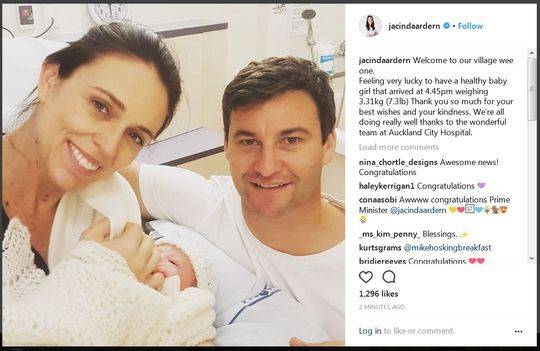 Diplomat George Kent brought a large Nalgene bottle to Wednesday's impeachment hearing. What's more,
...[Details]
Diplomat George Kent brought a large Nalgene bottle to Wednesday's impeachment hearing. What's more,
...[Details]
接受PR>=1、BR>=1,流量相当,内容相关类链接。